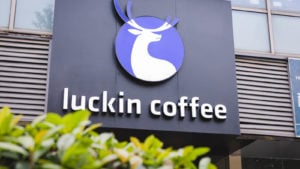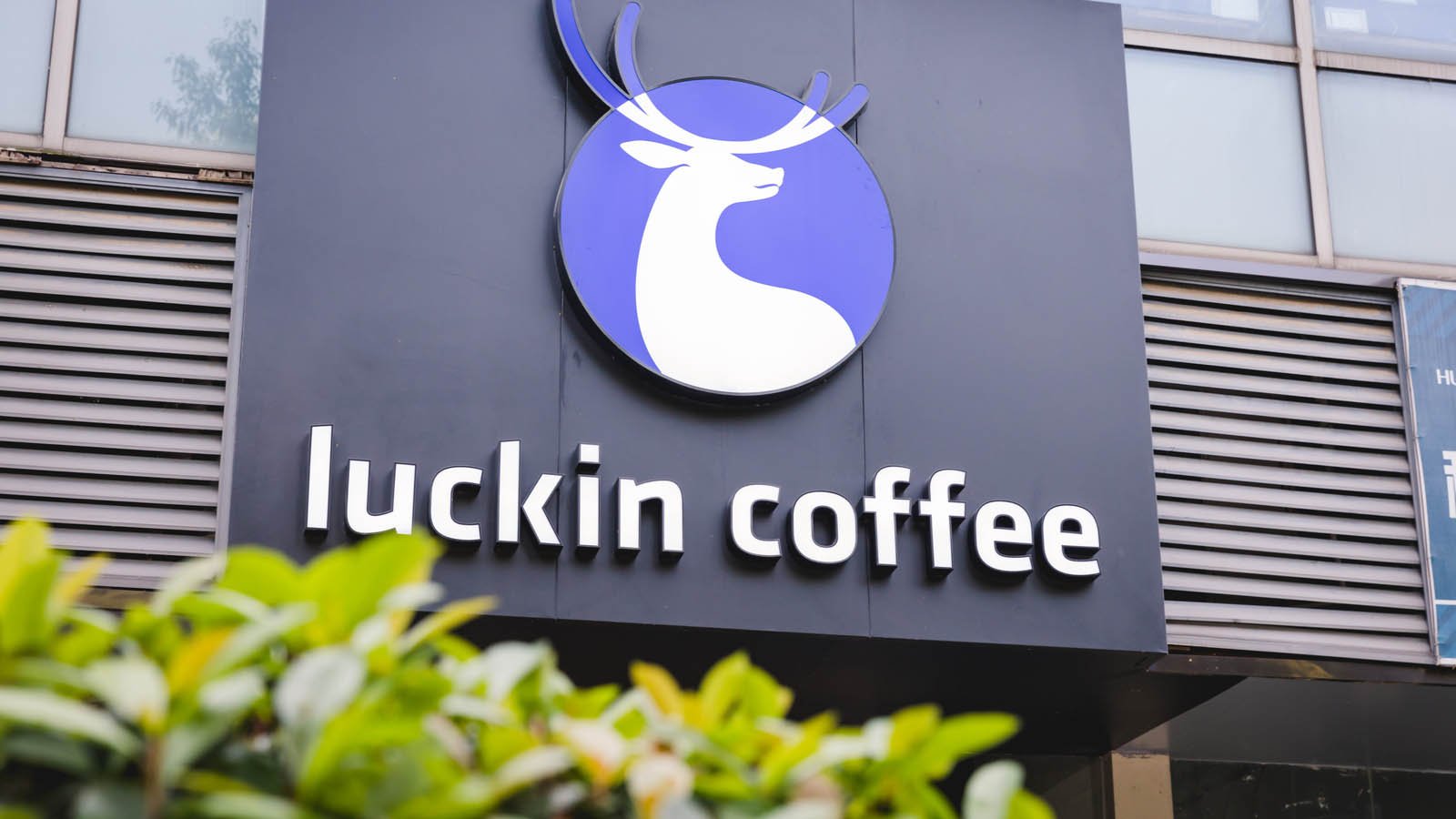Luckin Coffee (OTMKTS:LKNCY) has been rising for almost no good reason. Since my last article on Luckin stock on Aug. 11, it has risen 96.6% from $2.34 to $4.60 on as of close on Tuesday. However, nothing has happened since then that warrants such an increase.

In fact, the only major news is that Chinese regulatory authorities are going to impose a 61 million yuan penalty on the company. That works out to $9.04 million. As my previous article pointed out, the company has said its unaudited cash was $780 million.
The Problem With No Information
However, the problem is that Luckin Coffee has not produced any financial results in about a year. There are no numbers for fiscal year 2019, and there are not even any quarterly results for 2020. The only statement is that the company had $780 million in cash. It also has $450 million in convertible debt.
Apparently, its stores are still open, but we do not know how many. We have no idea about its revenue going forward. And the company has a new Chairman, Sean Shao, who was re-elected as an independent director on Sept. 2.
Additionally, as I pointed out in my last article, there is a good deal of uncertainty, especially in relation to potential lawsuits that the company may face. This relates to any action that the SEC might enforce on the company when it was listed, as well as private lawsuits.
So to say that Luckin stock can recover, without knowing the full scope of the liabilities it may be facing, plus any real sense of its revenue makes it a speculative play.
Moreover, the only ones who might have some information are company insiders and related parties. For all we know, they may be the ones pushing up the stock in order to get out before the stock tanks again.
Don’t forget the company is officially in “light-touch” Joint Provisional Liquidation (JPL) in the Cayman Islands. The parent company is actually based in the Cayman Islands, even though all its operations are in China.
Collectively, the board still runs Luckin Coffee under the supervision of the JPL liquidators. From what I can tell, this is the equivalent of Chapter 11, rather than Chapter 7.
In other words, the JPL liquidators now control the founder’s shares (Charles Lu) and they effectively control the board. The company says it is trying to move forward from the accounting scandal that its founder and others were responsible for enveloping the company.
What To Do With Luckin Stock
Let’s assume the company is making revenue and maybe does not yet run a profit. The problem is we don’t know if its suppliers are still working with the company. Or have they put it on a cash-on-delivery basis? That will eat up its liquidity.
So, even though it might have enough cash to cover inventory, its working capital might be drawing the cash down. Moreover, this all assumes that we continue to believe the numbers that the company reports.
Recently, Luckin Coffee got rid of its auditor firm Ernst and Young Hua Ming LLP and replaced it with another firm. I would normally consider that a bad sign. However, in this circumstance, I am surprised it has not been done already. Where was this Ernst and Young auditor firm when the accounting scandal was going on? Therefore, I suspect that a changing of the guard — so-to-speak — in this case, is a good thing.
Nevertheless, the informed investor who is not a gambler cannot invest in a stock like this just because it is rising. And that seems to be the only reason to buy the stock. I suppose the working theory here if you are a gambler, is that insiders or related parties in the know are pushing up Luckin stock. They know what we don’t, and can estimate its value better.
But for most astute investors, the better way to invest is with conviction. It is always better to give up upside having knowledge, probability, and a working value estimate on your side than just speculative investing.
Otherwise, you are guilty of following the “greater fool” theory of investing. You buy hoping to sell to a greater fool than yourself.
On the date of publication, Mark R. Hake did not have (either directly or indirectly) any positions in any of the securities mentioned in this article.
Mark Hake runs the Total Yield Value Guide which you can review here.
